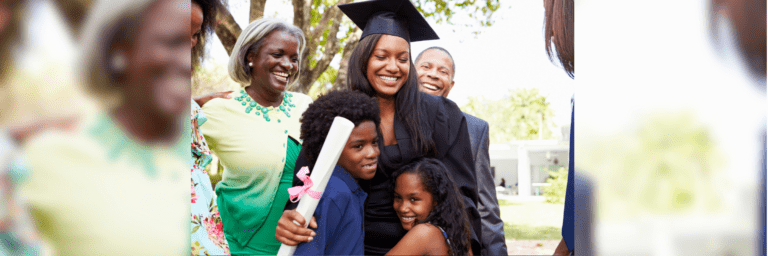Debrief: Whole Family 2Gen Approach Kickoff Meeting
On Monday, April 3rd the Dakota County Department of Community Corrections hosted their first Whole Family 2GEN Approach Kickoff meeting in Hastings, Minnesota. The convening brought together over 25 staff, consisting of corrections officers, case managers, supervisors, and directors primarily from the juvenile division. The staff that came together had an impressive 562 years of combined experience in corrections.
The day started with opening remarks by Kelly Harder, Director of Community Services and Brian Kupperud, Director of Community Corrections with Dakota County, followed by Lynn Johnson, Executive Director of Jefferson County Human Services. Lynn shared inspirational stories from the field, why a 2Gen approach to corrections is needed, and an overview of her journey with families that started as a corrections officer. Next, Samaura Stone, Policy Analyst with Ascend at the Aspen Institute gave a presentation on the foundations of 2Gen and her work with children and families as a former direct practice social worker, and concluded by leading a group activity using Ascend’s guiding principles for 2Gen. The afternoon and closing were spent analyzing case studies through a 2Gen lens and identifying how 2Gen could be embedded throughout the juvenile corrections department and coordination of services.
The corrections team provides truancy diversion, intake/assessments, Community Work Service (CWS), Sentencing to Service (STS), Work Release, offender cognitive groups, and other interventions. Dakota County has a population of approximately 400,000 and is the third most populous county in the state of Minnesota. For juvenile offenders corrections operates a 40-bed secured facility and day treatment programs and uses the fully accredited in-house Riverside School to provide education. On average, 11,300 probationers receive services from Dakota County Community Corrections each year.
Two-generation approaches provide opportunities for and meet the needs of children and their parents together. These strategies and programs have been widely implemented with abundant success in education, human services, and family economic development. Programs such as Women in Recovery in Tulsa, Oklahoma and Just Beginning Incarcerated Teen Parenting Program designed by the Youth Law Center and Georgetown University, as well as several women prison nurseries are using 2Gen to serve families involved in corrections.
The Dakota County meeting, followed by the US House of Representatives Committee on Education’s approval of the Bipartisan Juvenile Justice Reform Act of 2017 on Tuesday; Philadelphia’s decision to eliminate its policy of seeking financial support from parents of youth detained in the juvenile justice system; and countless other recent examples illuminate the momentum for criminal justice reform and the disproportionate burden on families in poverty.
Related Posts



